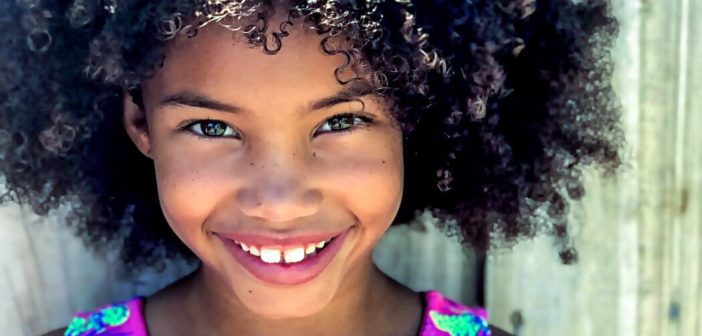As kids grow and learn they master many skills. Whether it be physical, cognitive, emotional or social skills, each child develops in their own time. Of course, all of these skills are linked and contribute to the development of further skills.
One skill that many experts and psychologists tout as the most important in child development is that of self-regulation. In fact, research suggests self-regulation is a better predictor of school-readiness in preschoolers than academic skills.
What is self-regulation?
Self-regulation is the ability to control one’s thoughts, feelings and behaviour, particularly those that are disruptive or impulsive. Essentially, self-regulation helps you think before you act and/or react and helps us moderate our ‘flight, fight or freeze’ instincts.
These skills help us cope in stressful situations, resist temptation and stay focused when working towards a goal. They also play an integral role in behaving appropriately, making friendships and becoming independent. High self-regulation skills in preschoolers have also been shown to predict reading and math achievement. This is because they are better able to pay attention, follow teacher instructions and ignore distractions.
Obviously these skills develop with maturity, however signs of self-regulation start in infancy through self-soothing such as thumbsucking.
How can we help children develop self-regulation skills?
Like all skills, self-regulation needs to be learnt. There are many things parents can do to help children develop and practice regulating their behaviour, thoughts and feelings. Here are some suggestions:
- Teach your child about feelings, including naming them when your child is having trouble containing their emotions. “I know you are sad that we have to leave the park but it is time to go. We will come back another day.” There are many great books and resources available aimed at kids.
- Help your child find ways to help calm themselves such as breathing techniques, sensory tools or going for a walk.
- Have a structured routine in place at home with clear rules and consequences so your child knows what is expected of them.
- Be clear about your expectations of behaviour expected in different situations, such as visiting other people’s houses, going to the shops etc.
- Role play situations such with younger children.
- Play games that involve sharing, taking turns, challenging situations, winning and losing.
- Redirect inappropriate behaviours calmly but firmly.
- Be aware of your child’s emotional and behavioural triggers and try to preempt and prepare them in advance.
- Model self-regulation. Demonstrate how to appropriately manage big emotions and uncomfortable feelings. You might verbalise something like: “This task is really frustrating. I’m going to take a break then try again.”
People who are able to self-regulate are often good communicators, flexible, open to opportunities and able to overcome challenges. They are also more likely to be empathetic and able to help others through difficult times, while remaining resilient themselves. Having said that, self-regulation is something that a lot of adults still haven’t mastered. Teaching your child these important skills will help them lead a happy, successful life.

